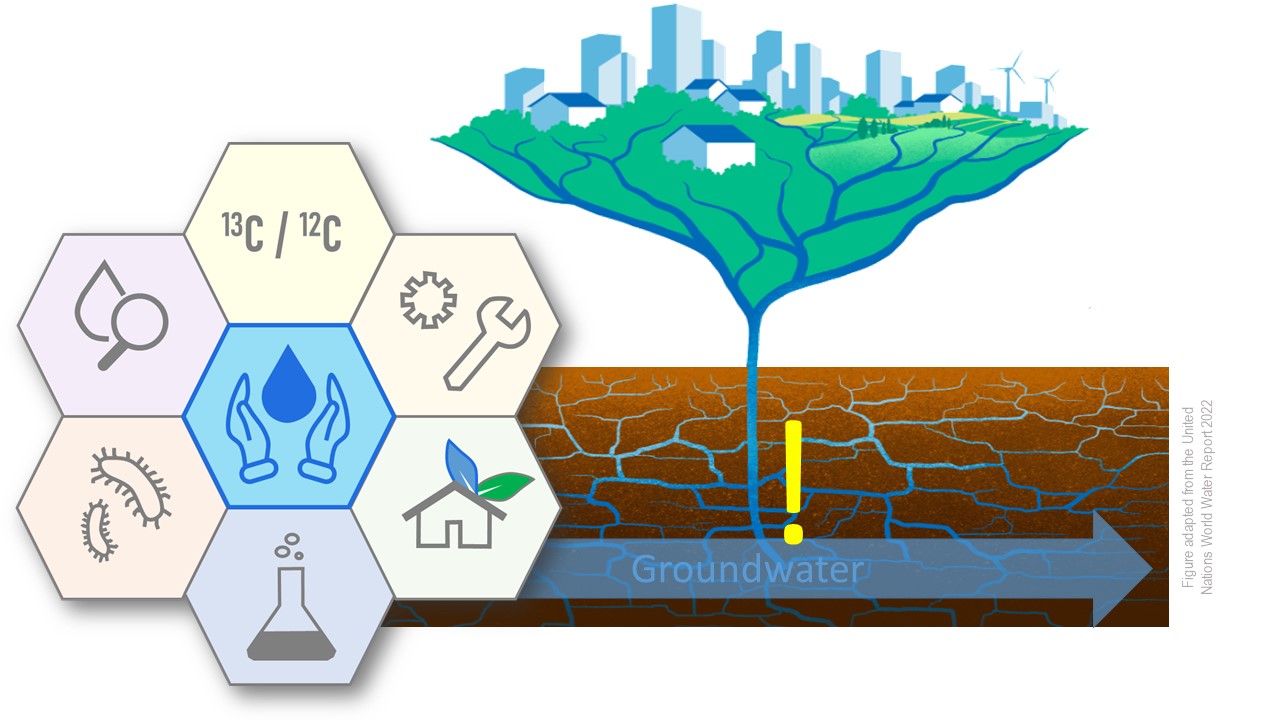
Department Technical Biogeochemistry
How can we ensure that environmental compartments, such as (ground)water and soil, which are influenced by climate change and chemicals, achieve and preserve good chemical and ecological conditions? How can we sustainably utilize the subsurface as storage medium for water and energy in climate change adaptation strategies for urban areas while maintaining the ecosystem function of the subsurface? How can we combine biological with physicochemical management options and profit from the synergies?
The scientists of the Department of Technical Biogeochemistry (TECH for short) are looking for answers to these questions and have a clear vision: to protect our environment, especially the quality of water and soil, which are threatened by anthropogenic activities, i.e. effects of climate change and contamination by harmful chemicals. We focus on developing and assessing nature-based technologies and sustainable technical materials/processes that are sustainable from laboratory testing to practical application, and aim to understand the environmental impact of these technologies on ecosystem functioning. Particular emphasis is placed on exploiting the natural potential for transformation and mineralization of chemicals in (ground)water, evaluate and, if necessary, support it as well as to developing solutions for preventive environmental protection.
We want to use our interdisciplinary expertise to develop integrated technological approaches and thus utilise synergies between biological and physico-chemical processes. We have set ourselves the goal of ensuring that the technologies we develop contribute to CO2 reduction. This means that we will
- develop new and improved purification technologies with a lower carbon footprint,
- monitor the environmental impact and support the improvement of new, climate-neutral (geo)technical solutions for energy storage and
- contribute to climate change adaptation strategies for urban areas.
Our research portfolio ranges from microbial and molecular biological investigations (work group
Geomicrobiology
) to the development of technologies based on chemical (work groups
Environmental Catalysis
and
Advanced Adsorption and Oxidation
) and physical (work group
Applied Environmental Physics
) processes to pilot and field scale applications (work group
In-situ Treatment Technologies
). We work closely with plant operators and industry to transfer our research into practice. We use stable isotope approaches (
LSI
) as a central tool for understanding (in situ) reactions and processes and (degradation) pathways, the elucidation of which is supported by modern analytics and imaging (
ProVIS-CORE
).
